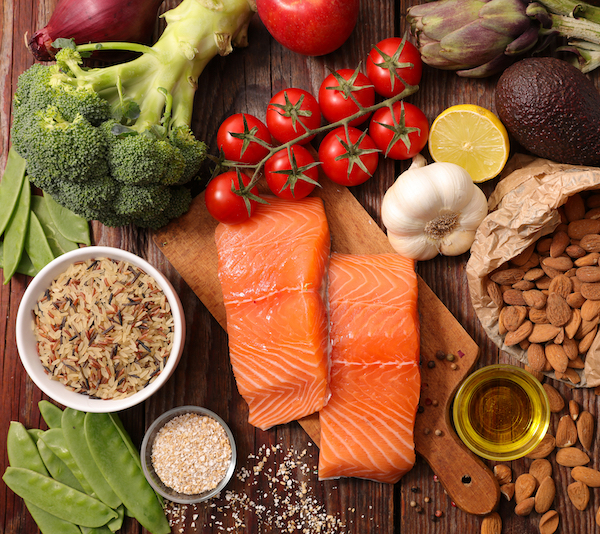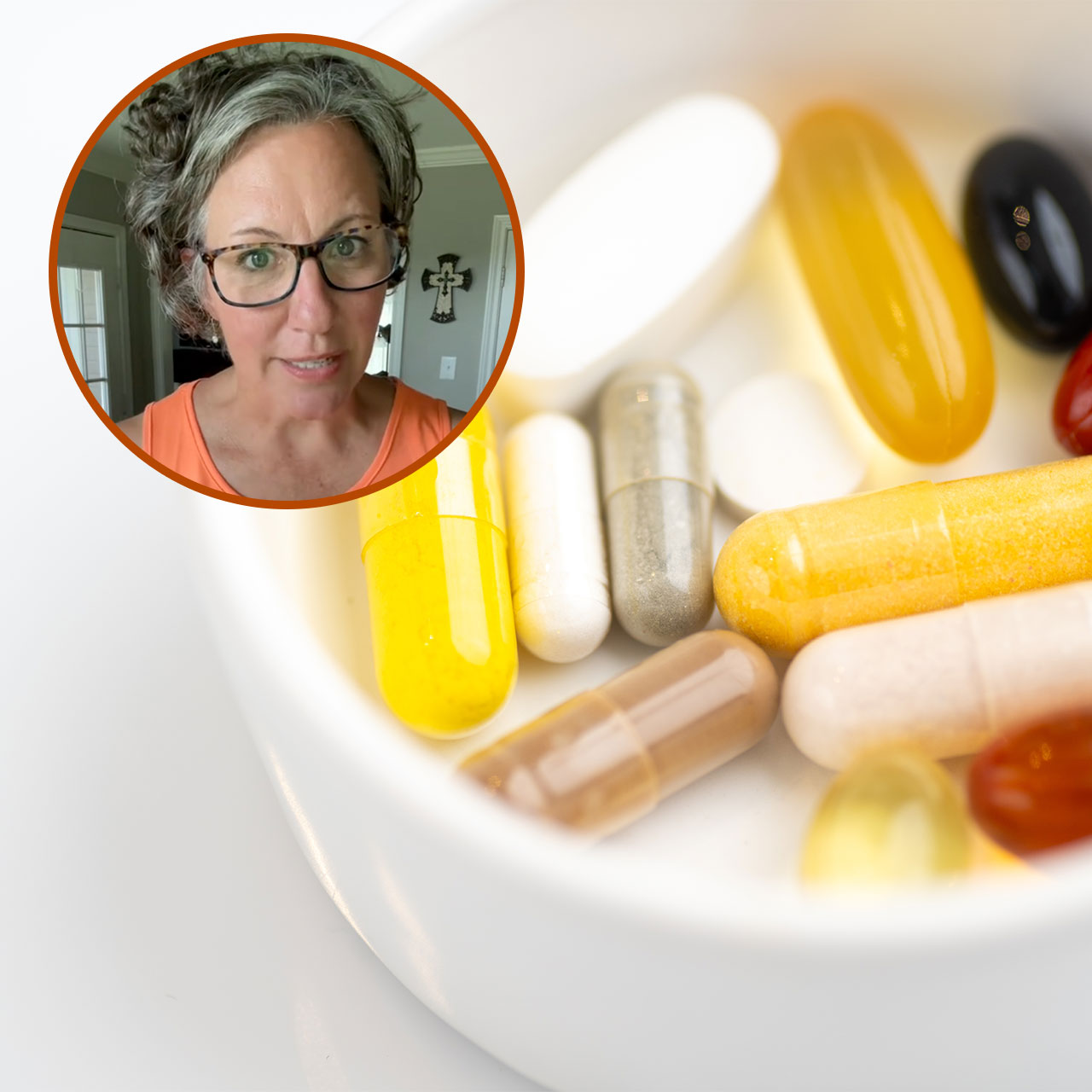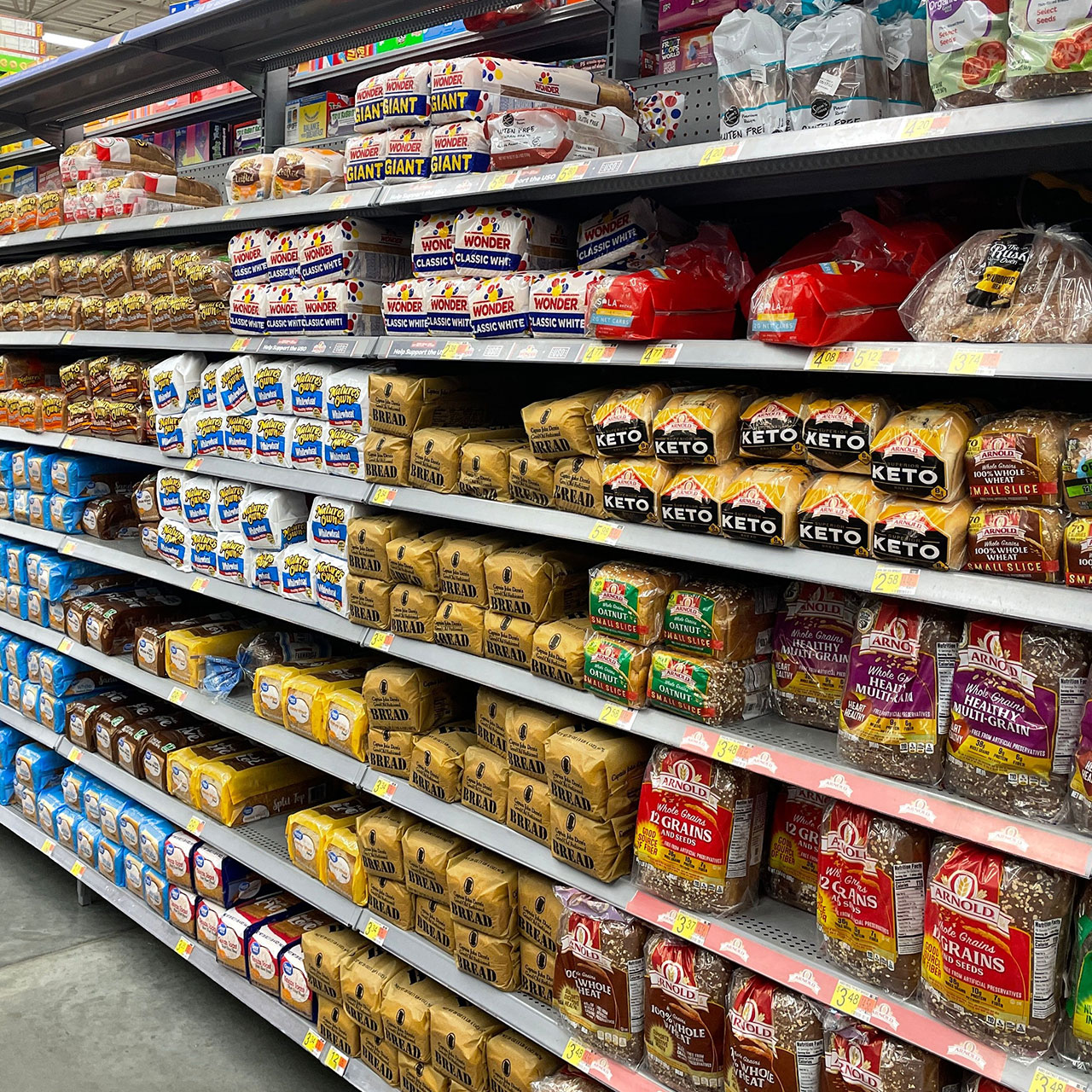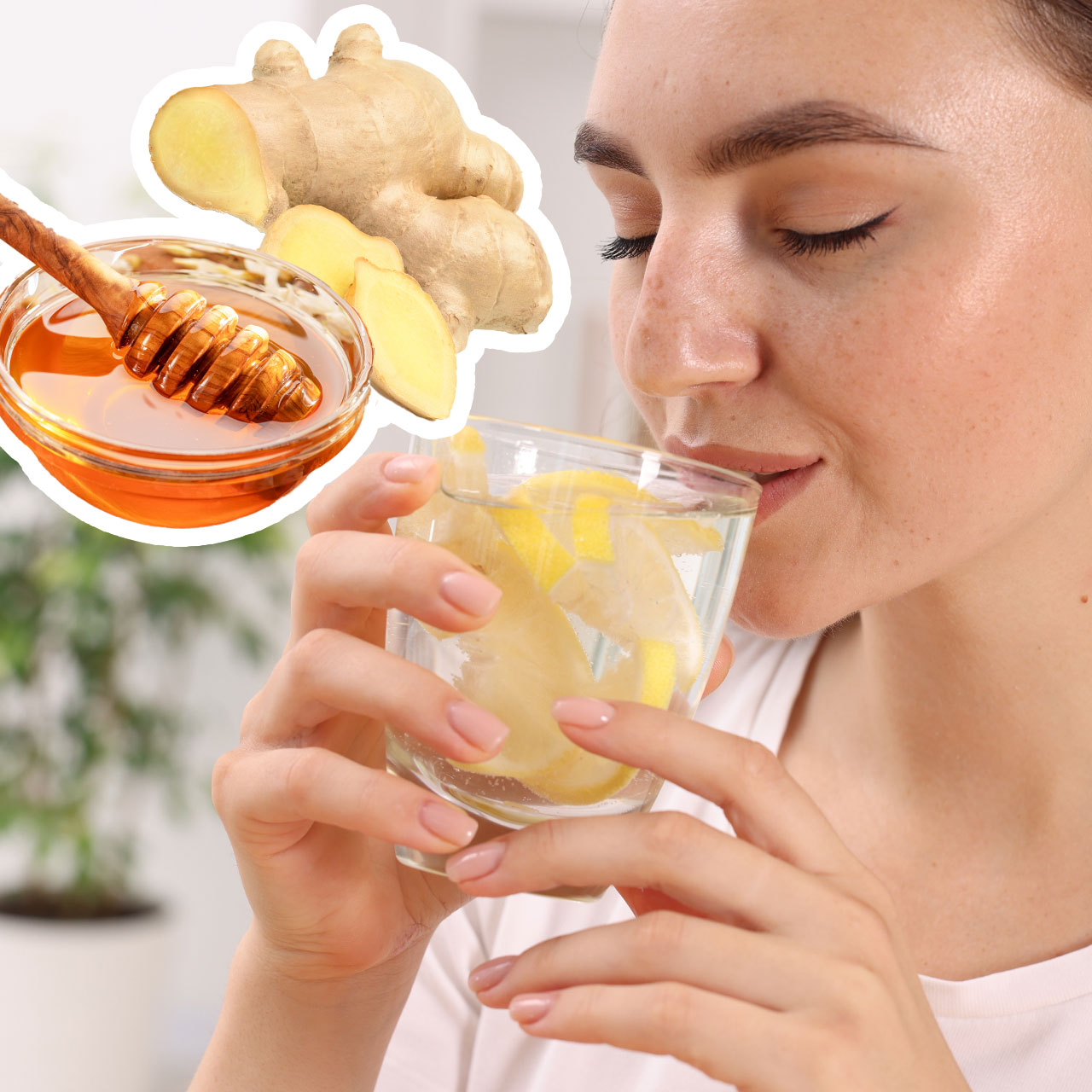This is an archived article and the information in the story may be outdated. Please check the time stamp on the story to see when it was updated last.
Acid reflux is a frustrating occurrence, but very common–nearly 60 million people experience at least once a month. Acid reflux occurs when the acids from your stomach that help you digest food flow upward towards the esophagus. It can cause coughing, nausea, sore throat, and general stomach discomfort. When left untreated, acid reflux can lead to other complications like esophagitis and increased risk for cancer. There are lifestyle and dietary changes you can make to lessen the severity of acid reflux–Anika Christ, registered dietitian and Director of Client Optimization at Life Time, shared with us some of her recommendations for easing your symptoms, and what foods may make your symptoms worse.


When she has a client experiencing acid reflux, Christ has a few strategies she takes with food--first and foremost, limit carbonated beverages like soda and seltzer, coffee, and alcohol. She says that she’s seen clients completely rid their reflux after cutting out these types of drinks. “If you must drink coffee, keep it minimal and during the first part of the day (i.e. one cup of coffee), and when drinking alcohol, try to incorporate a lot of water before and during drinking.”
Aside from that, eating too many carbohydrates may be making your acid reflux worse. “Having too many undigested carbs in your digestive system often makes you gassy and bloated and can also lead to bacterial overgrowth along with elevated pressure inside of the abdomen.” Christ says. For her clients with this issue, she recommends they follow a lower carbohydrate diet by limiting processed carbohydrate and starches, and instead focusing on ample protein and fat at meal time along with some real-food carbohydrates such as vegetables or certain fruits. Along with this, limiting junk food as much as possible is a smart move if you’re struggling with acid reflux. “Processed foods are filled with chemicals designed to delay degradation and extend shelf life, and they may have ingredients that do not agree with you.” Christ also recommends avoiding foods that are known to irritate the lining of the esophagus, such as citrus juice, tomato juice, and spicy foods.
Something that you may be eating regularly that you think is helping your acid reflux symptoms, but is actually making them worse, is eating peppermints. “Many will suck on peppermints to combat the sour taste from acid reflux,” Christ says, “Peppermint can actually relax the esophageal sphincter muscle, which could exacerbate the problem.”

One reason that you may be feeling sluggish is that your gut isn’t working the way it should. The majority of your body’s serotonin, the hormone that affects your mood and sleep, is produced in your gut. If your digestive system isn’t operating properly, it can negatively impair your mental health, the quality of sleep you get, and your energy during the day. “When I think about promoting good digestion, at any age, but most importantly, as we age, I think of whole plant based foods, preferably organic, or free from pesticides,” Verney says, “These little morsels are full of life’s energy from the sun and in turn, give us all the vitamins, minerals and nutrients we need to keep us active and strong through life!”
Verney has a few foods she recommends as essential parts of a gut friendly diet. First and foremost, she recommends eating foods high in fiber. “Whole grains like oats and brown rice are an excellent source of fiber that promote the good bacteria in our gut and are heart healthy. These starchy carbohydrates give us that wonderful energy we need to keep us going throughout the day.” She suggests adding assorted berries to your oats for taste as another boost of fiber and antioxidants. On your rice, she recommends adding rosemary, which has anti-inflammatory properties, is rich in antioxidants, and is reported to be a great memory booster, another helpful supplement when you age.
Another suggestion Verney has is making sure you have enough prebiotics in your diet. “Prebiotic foods are another way to make the good bacteria in the gut do a little happy dance. They nourish this good bacteria and that in turn keeps us fully fueled to have more energy, prevent illness, and reduce the signs of aging.” Her go-to prebiotics are garlic and onion, asparagus, artichokes, broccoli, and beans, to name a few. The key here is variety, making sure you eat a rich survey of fresh, whole foods is a good way to make sure you’re getting the prebiotics you need for your gut to thrive.


























